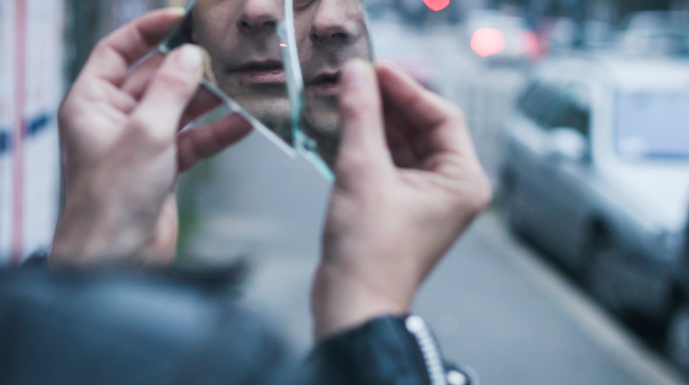„There are very few cases where perpetrators actually take responsibility. In the instances that I can recall, in the current MeToo-movement, it has usually been done quite clumsily. For example, it has not been done in consultation with the victims and people have not taken full responsibility,“ says Gabríela Bryndís Ernudóttir, psychologist and chairwoman for the activist organization Líf án ofbeldis, or Life Without Violence.
When prompted whether, in her opinion, perpetrators that have denied all allegations can actually regret their acts, come forward and confess, Ernudóttir replies:
„For many perpetrators, they are to some extent raised in an environment where they are not held accountable. The family is often not ready to face the fact that the child has violated someone else. It will be much harder for the perpetrator to face his or her actions, if the parents or siblings say to them: „No, you did not do this.““
There are obviously not many examples of perpetrators coming forward, taking responsibility, and giving back to society. „There is a definitive need for role models; perpetrators that have truly changed their ways and worked on themselves, so that they have become role models for others to stop violating people, and possibly give back in a way that helps others but harms no one.“
If a perpetrator chooses to come forward, it is vital to consult with the victim of their abuse, according to Ernudóttir. „It is of course very controversial when men speak publicly on the violence and abuse they have subjected. That can be a burden for their victims. Violence involves the use of force. Therefore, it is vital not to take power away from the victims when perpetrators wish to amend for their crimes.
The person that was violated must consent to listening to the perpetrator for the conversation to take place. It is not necessarily certain that they are willing to do so. The perpetrator can in no way force himself on the victim and demand for them to enter some kind of conciliation or mediation with him.“
Ernudóttir states that it is vital for the victim to be in charge of the situation, if the perpetrator wishes to come forward and take responsibility. Such examples are much too rare, despite the fact that resources are available.
This is part of a larger article in the latest magazine issue of Mannlíf.
This article was originally published in Icelandic by Katrín Heiða Guðjónsdóttir.





